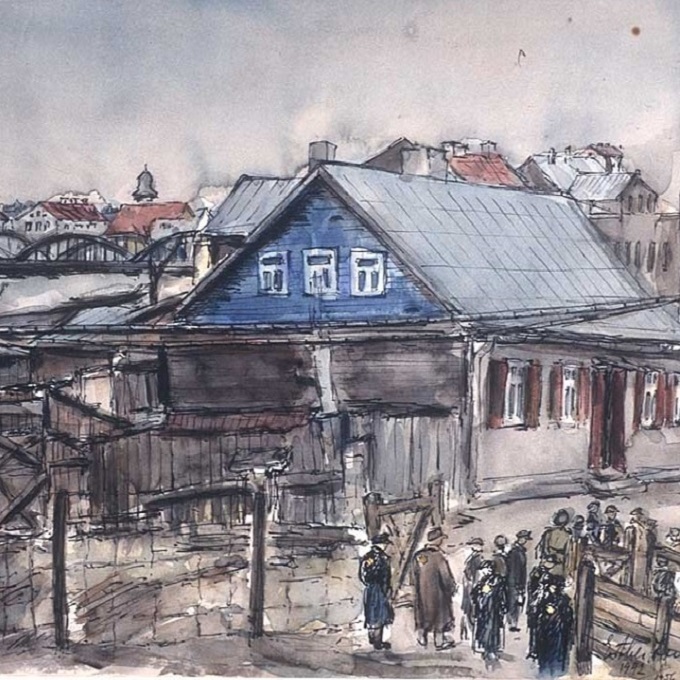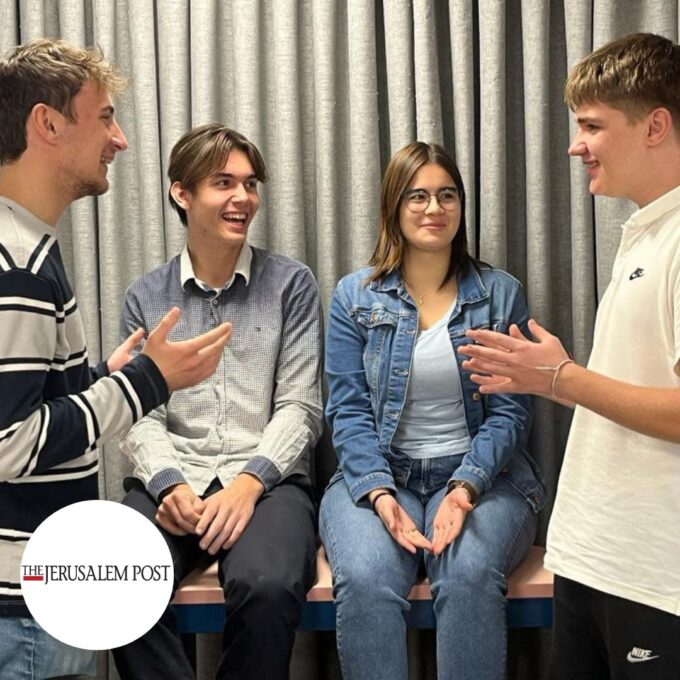This article first appeared in the El Pais newspaper in Montevideo, Uruguay, in Spanish.
Until a few months ago, some of life’s certainties appeared unquestionable. The irrepressible progress of science was one of them.
Now, we suddenly find ourselves in a time defined by science’s limitations. Human activity has halted at global level without science being able to prevent or control it. The only measures available are the same as recommended in the plague of Athens 2,500 years ago: closing borders, social distancing, intensifying hygiene measures.
However, science is our only rational source of hope. Only with effective vaccines and treatments will our social lives be able to resume. This is the paradox we currently face: science is our weakness and, at the same time, our strength. We are impelled to find scientific solutions, yet science can take time and consensus is difficult to achieve. Science is a form of critical thinking, not a crisis management tool.
Another certainty that seemed undeniable until a few weeks ago was that the world had become globalised and there was no turning back from this phenomenon. We were convinced that physical distances no longer existed and that political boundaries were no longer relevant limits for business, education, culture or tourism for example.
Suddenly, the worldview of a globalised society driven by unconstrained scientific progress was shattered. In just a few weeks borders closed, travelling stopped and offices, schools, universities, hotels, restaurants, shops, cinemas or theatres emptied, thus curtailing most of our usual activities.
The capacity for instant infection has blurred the boundaries between individual and collective interests. This is not just a public health challenge; it is a challenge in terms of values. In an age marked by individualism, we must reflect on the tension between our personal desires and our duty to the community. What happens to an individual can affect the community almost immediately. For this reason, in the new normality, citizens are willing to accept practices that were unthinkable until very recently; large-scale testing, contact tracking, cell phone monitoring or information exchange between health and police authorities.
This is not an external phenomenon; it circulates inside us and among us. We cannot defeat it like an external enemy. We need to adapt and create new forms of productive social life compatible with this new reality. We are facing an era of living in bubbles defined by epidemiological boundaries. Divisions based on class or ideological divisions will become blurred in the face of the human need to connect with other perimeters comprised of people we trust. The world will be divided into blocks of mutually trusting countries with harmonised health protocols, shared data and tracking of transnational contacts. Business travel, tourism and investment flows will resume within these blocks.
With time we will see if the “shape-memory” of certain institutions is strong enough for them to return to their original form when the effect of the pandemic recedes. In particular, we will see whether the educational system returns to its classic, predominantly classroom-based form, or if it will become a hybrid model, combining online teaching with classroom activities. The hybrid model is capable of achieving an excellent level of learning. However, it will be impracticable for universities with tens of thousands of students because it requires a personalised coordination between large-scale online tuition, advanced teacher training, and complex logistics of practical seminars and face-to-face tutorials in small groups.
We have long known that face-to-face classes with hundreds of students cannot assure the necessary intellectual development or critical capacity in an era of constant innovation and technological change. Now is a good time to develop better educational models since the threat of robots taking over human jobs will be even more acute after the pandemic.
The path out of the present emergency requires us to build trust and cooperation. Though not the first pandemic in human history, it is the first one in the knowledge age. Certain political and scientific leaders in some countries substitute citizen communication with the chatter of social networks. If people cannot discriminate reliable sources, or mistrust the mandate of political or scientific leaders, social behaviour will not comply with public health requirements without coercive measures.
A successful outcome will depend on collaborations between teams, organizations, companies and countries. It will be a victory for the Republic of Science and not for any individual country. Knowledge does not stop at national barriers. The best scientists do not all belong to the same university, company, or country. By nature, scientific progress is international. Closed borders may protect us in the short term, but they will hinder our chances of overcoming this global emergency. We must not lose our spirit of openness in a world that has shut down in self-defence. This is our greatest challenge.
Dr Jorge Grünberg is Rector of Universidad ORT Uruguay, the number-one ranked university in Uruguay and part of ORT’s global education network driven by Jewish values





